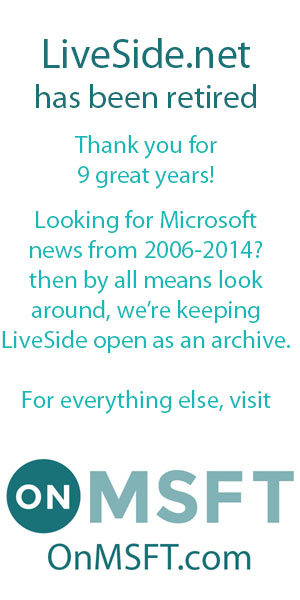 Today, Facebook and Skype announced Facebook Video Calling, basically a “mini Skype client” running within Facebook, allowing you to video chat one on one with any of your Facebook friends. Our friend Rafael Rivera, already digging through the FB video chat packets, has found a reference to the code name “Omaha”, and it seems a fitting moniker for what may very well turn out to be a beach head in an aggressive campaign for Facebook to become the defacto communications infrastructure in the world to be. Mark Zuckerberg, at the beginning of the announcement, revealed that Facebook has turned a corner from connecting the world to now building on top of that connected platform, with many new announcements to come in the months to come.
Today, Facebook and Skype announced Facebook Video Calling, basically a “mini Skype client” running within Facebook, allowing you to video chat one on one with any of your Facebook friends. Our friend Rafael Rivera, already digging through the FB video chat packets, has found a reference to the code name “Omaha”, and it seems a fitting moniker for what may very well turn out to be a beach head in an aggressive campaign for Facebook to become the defacto communications infrastructure in the world to be. Mark Zuckerberg, at the beginning of the announcement, revealed that Facebook has turned a corner from connecting the world to now building on top of that connected platform, with many new announcements to come in the months to come.
We won’t go through all the details of Facebook Video Calling, except to say that this may not only be a game changer for Microsoft and Windows Live Messenger, but possibly a major reason why Microsoft is paying $8.5 billion for Skype. Facebook Video Calling (along with Facebook Chat and Facebook Group Chat) are going to be serious competitors to Windows Live Messenger, and without the acquisition Microsoft might well be scrambling about now. Indeed, even with Skype in the same company, this upcoming messaging sea change has to be leaving Windows Live Messenger with some important decisions to face. Not only Facebook, but now Google with Google+ are changing the messaging game before our very eyes. Can Messenger keep up?
That’s not to say that Messenger is doomed, as having a native client available for chat without having to keep a browser window open seems to be a major advantage, and Messenger already has Facebook chat integration built in, functioning as an unofficial offline Facebook chat client. But what if Facebook comes out with a client of their own? Zuckerberg said that the three biggest movers for Facebook are apps, mobile, and chat. You can expect Facebook to be very aggressive in pushing all three facets of their platform, with Microsoft and Windows Live as partners, yes, but also as serious competitors.
What will the next few months and years look like for Messenger? Does Messenger still have a place in your online life? What changes does it need to stay relevant? Will messaging in the future just mean connecting up through Facebook (or Google+)? Lots of questions for which there don’t seem to be quick answers, but this will be a very interesting time for Messenger.

